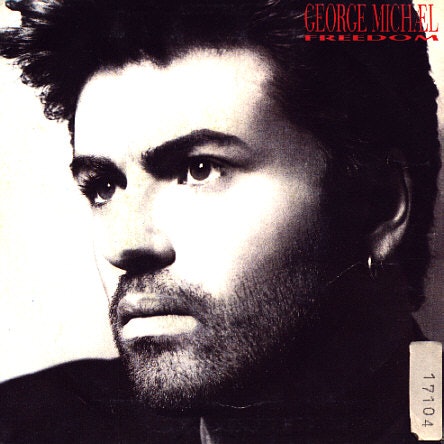


You’ve got to give what you take (It’s the one good thing that I’ve got) They encourage their colleagues to let go of possessiveness (it never makes you happy!) around data.įreedom (Gotta have some faith in the sound) The researcher sings out to their colleagues that these are lies and that for science to progress, data should be free, that data don’t ‘belong’ to any of us. If we all publish the data we collected regularly we will never have good data again, and we will never ever have long-term data because people will stop collecting long-term data.Your data can never be fully understood without your presence, and thus should probably not be used without you around in some way.People build entire careers on reusing other people’s data and they get more fame and recognition than those who toil away collecting data and are not recognized for their efforts.If you publish your data or don’t tightly guard it, it will be stolen by others, and then your career may be ruined.Data you collected are owned by you and you should hold onto them possessively.Here the researcher sings out their truth! They stare down the lies they have repeatedly heard, including: Is that I don’t belong to you and you don’t belong to me Is take these lies and make them true somehow Even though they may wear the tevas-with-socks and pleated shorts of an ecologist, they have views they fear will not be widely accepted by their community. They know it is not the view of many in the field and they hope others will understand. The researcher is nervous about what they will share. Sometimes the clothes do not make the man

I think there’s something you should know A change that could bring great happiness. The researcher describes a few things here: moving on to their postdoc, the excitement of their first few conferences where they got to present their exciting new results, but also hints at a big change in how they are approaching science recently. In these first lines the researcher describes the heady days of early grad school, where most folks were still in their twenties, enjoying a cadre of new friends, and still not sure of their future.īut today the way I play the game is not the same, no way I was every little hungry schoolgirl’s pride and joy I present an alternative reading of George Michael’s 1990’s hit song Freedom! While many interpret this song as about Michael’s struggles with fame in an industry that constantly aimed to warp his true identity, it can also be interpreted as a researcher progressing in a field where data ownership and data ‘rights’ are still hotly contested.


 0 kommentar(er)
0 kommentar(er)
